Truncus arteriosus
Truncus arteriosus (trun·cus - ar·te·ri·o·sus) is rare – it affects about 250 newborns every year – so it’s important to seek care from heart specialists experienced in treating this life-threatening condition.
At Children's Health℠ Heart Center, we perform hundreds of heart surgeries on newborns with complex, congenital heart disease like truncus arteriosus every year. We offer the expertise and complete care that can help your child get healthier and grow up.
What is truncus arteriosus?
A baby born with truncus arteriosus has one large blood vessel leaving the heart instead of two separate ones. Truncus arteriosus is a rare type of congenital heart disease.
As a baby develops in the womb, the blood vessel coming out of the heart should separate into the:
Aorta, the body’s main blood vessel going to the body
Pulmonary artery, the blood vessel that carries blood from the heart to the blood vessels in the lungs for oxygen
With truncus arteriosus, this separation doesn’t occur. The heart has just one large blood vessel. As a result, blood with high and low oxygen mixes. This reduces the amount of oxygen being carried by the blood flowing through your child’s body. There’s also too much blood going to the lungs, which makes a child’s breathing rapid and the heart work harder. High blood pressure may develop in the lungs (pulmonary hypertension).
A child with truncus arteriosus also has a hole between the heart’s lower left and right pumping chambers (ventricles). This is known as a ventricular septal defect (VSD).
What are the signs and symptoms of truncus arteriosus?
Symptoms of truncus arteriosus may appear within hours or days after birth. Many babies with truncus arteriosus develop a mild gray or blue skin tint (cyanosis) due to low oxygen. Their skin may also feel cool.
Other signs of truncus arteriosus include:
Heart murmur (extra heart sounds)
Strong pulse
Rapid, heavy breathing
Difficulty feeding and gaining weight
How is truncus arteriosus diagnosed?
Doctors at our Fetal Heart Program diagnose truncus arteriosus before a child is born. Or a newborn checkup at the hospital may detect a heart murmur and low oxygen that indicate a problem.
Children’s Health is known for having some of the most advanced pediatric cardiac imaging technology in the region with equipment designed for the smallest patients.
This condition is typically diagnosed by an echocardiogram.
If necessary, we may perform a pediatric MRI or CT scan to help to diagnose this heart condition.
What causes truncus arteriosus?
Truncus arteriosus and other congenital heart diseases usually occur for no known reason. Heart defects aren’t brought on by a woman’s actions during pregnancy.
Some children with truncus arteriosus may also have DiGeorge (22q11.2 deletion) syndrome. This condition is the result of a missing part of a chromosome (a child’s genetic makeup). If a child has truncus arteriosus and other signs of DiGeorge syndrome like a cleft palate (gap in the roof of the mouth), our genetic specialists conduct blood tests to check for the condition. Children with DiGeorge syndrome receive care from our cardiologists and other specialists through our innovative 22q Team Program.
How is truncus arteriosus treated?
A baby with truncus arteriosus needs corrective heart surgery within the first month of life. Our pediatric heart specialists assess your baby’s unique heart anatomy and overall health to design a customized treatment plan. Because of our extensive experience with complex pediatric heart surgeries in infants, you can feel confident placing your baby in our care.
Surgery to correct truncus arteriosus involves:
Creating a new aorta using the original single blood vessel
Using a tube and an artificial valve to create a pulmonary artery
Closing the hole between the heart’s lower chambers by placing a patch over the VSD
Truncus arteriosus doctors and providers
Children with truncus arteriosus receive expert care from our heart specialists. We excel at surgeries to treat this rare heart condition.
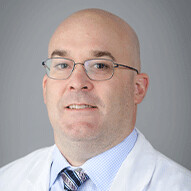 Ryan Davies, MDPediatric Cardiothoracic Surgeon
Ryan Davies, MDPediatric Cardiothoracic Surgeon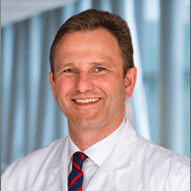 Gerald Greil, MDPediatric Cardiologist
Gerald Greil, MDPediatric Cardiologist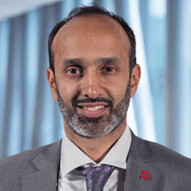 M. Tarique Hussain, MDPediatric Cardiologist
M. Tarique Hussain, MDPediatric Cardiologist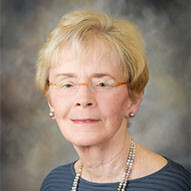 Lynn Mahony, MDPediatric Cardiologist
Lynn Mahony, MDPediatric Cardiologist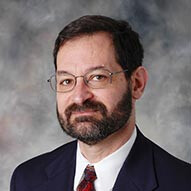 Claudio Ramaciotti, MDPediatric Cardiologist
Claudio Ramaciotti, MDPediatric Cardiologist